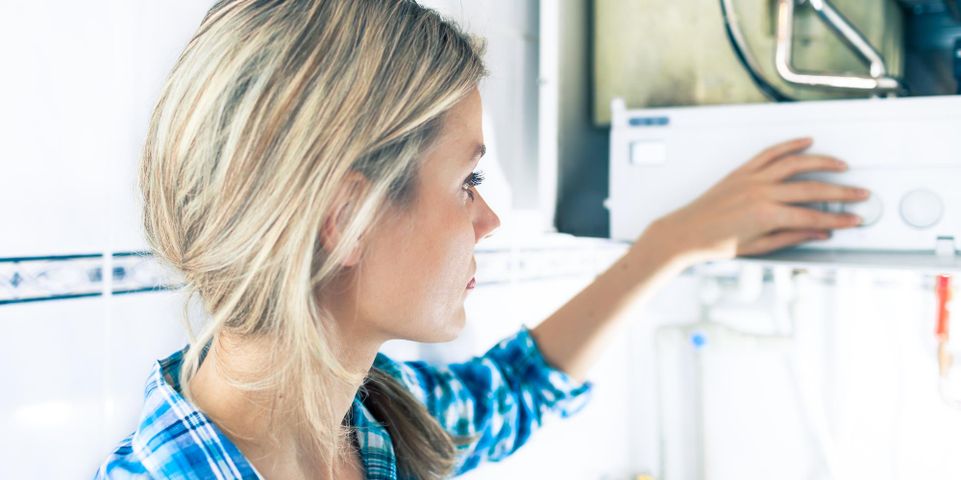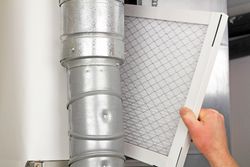What You Should Know About Residential HVAC Filters

From heat exchangers to condenser coils, residential HVAC system have many components. Equipment efficiency and indoor air quality, however, largely depend on the condition of the air filter. For insights into the anatomy of your heating and cooling system, here’s an explanation as to why filters are important and how to care for them.
The Purpose of Residential HVAC Filters
All the air that moves through a heating and cooling system flows through the filter—a mesh screen that traps dirt, pollen, hair, dander, mold spores, and other contaminants to ensure a refreshing and clean flow of air. Filters also trap grime before it accumulates on blower motors and causes malfunctions. In addition, they prevent larger objects from getting pulled into a system and causing a fire.
How Often to Change Filters
As accumulations of dirt and debris build up on filters, it becomes harder  for air to pass through them. Restricted airflow makes residential HVAC systems work harder, increasing energy costs and leading to premature wear. Dirty air can also reverse course and flow back into living spaces, reducing indoor air quality and comfort. The Environmental Protection Agency recommends checking filters once a month and changing them at least every three months. Homes with numerous pets, smokers, or allergy sufferers may need to change a filter more often, perhaps as often as once a month.
for air to pass through them. Restricted airflow makes residential HVAC systems work harder, increasing energy costs and leading to premature wear. Dirty air can also reverse course and flow back into living spaces, reducing indoor air quality and comfort. The Environmental Protection Agency recommends checking filters once a month and changing them at least every three months. Homes with numerous pets, smokers, or allergy sufferers may need to change a filter more often, perhaps as often as once a month.
Although you can change a filter on your own, with more than 35 years of experience, the residential HVAC technicians at Living Comfort HVAC will make sure it’s done correctly. This Middletown, OH-based company provides reliable, effective HVAC repairs and installation services to clients in Cincinnati, Dayton, and surrounding areas. To schedule an appointment or inquire about financing options, call (513) 833-3876. Visit them online for information about special offers, and become a Facebook fan to catch up on company announcements.
About the Business
Have a question? Ask the experts!
Send your question

